 Drexel University’s MXene material is one step closer to transforming the lives of people suffering from end-stage kidney disease. Nephria Bio, Inc., a U.S.-based spin-off of the South Korean medical device company EOFlow Co., Ltd., has signed a licensing agreement with the University to use the two-dimensional material, discovered at Drexel, as a filter in a wearable artificial kidney device it is developing. The technology could allow many of the millions of people suffering from end-stage kidney disease worldwide to move more freely, without spending hours each week anchored to large dialysis machines.
Drexel University’s MXene material is one step closer to transforming the lives of people suffering from end-stage kidney disease. Nephria Bio, Inc., a U.S.-based spin-off of the South Korean medical device company EOFlow Co., Ltd., has signed a licensing agreement with the University to use the two-dimensional material, discovered at Drexel, as a filter in a wearable artificial kidney device it is developing. The technology could allow many of the millions of people suffering from end-stage kidney disease worldwide to move more freely, without spending hours each week anchored to large dialysis machines.
“Our fundamental study of titanium carbide MXene supported by NSF showed that MXene is biocompatible, able of adsorbing a variety of small molecules, and holds a lot of promise in medical applications, so it is exciting to see it applied for improving and really changing dialysis — an area of need in health care that can help millions of people,” said Yury Gogotsi, PhD, Distinguished University and Bach professor in Drexel’s College of Engineering, who is a world leader in developing and studying MXenes.
In the late stages of kidney disease, the kidneys have trouble filtering fluids and small molecules, including urea, and some of these molecules become toxic in the body when they begin to accumulate. Dialysis supports the kidneys in filtering toxins and excess fluids from the blood, but the process is time-consuming and requires patients to remain attached to immobile dialysis machines.
“This work could give hundreds of thousands of people with kidney disease the ability to live life more freely and fully,” said Meera Harhay, MD, an associate professor of Medicine in Drexel’s College of Medicine, who has been working with Gogotsi to study MXene’s application in dialysis. “A wearable artificial kidney would allow people suffering from kidney disease to more easily work and travel and maintain a more active lifestyle, which has been associated with positive health outcomes.”
A single facility-based hemodialysis session can require up to 200 liters of purified water to clear the build-up of urea and other toxic molecules from a patient’s blood. Developing a portable dialysis machine means figuring out how to reduce the amount of water the wearer would have to carry with them.
MXene is the solution, according to Jesse Kim, founding CEO of Nephria Bio and its parent company, EOFlow, because it filters urea and other electrolytes well enough that a single liter of water could be quickly cleaned and reused for the entirety of the process.
“In order to develop a wearable dialysis device, you need a material that can filter urea, which is a very, very small molecule that is also very soluble, it dissolves in water so well that it’s really hard to filter,” Kim said. “It’s the most difficult toxin to filter. And that’s why dialysis takes so long. If you go to a dialysis center, it takes 4-6 hours per session.”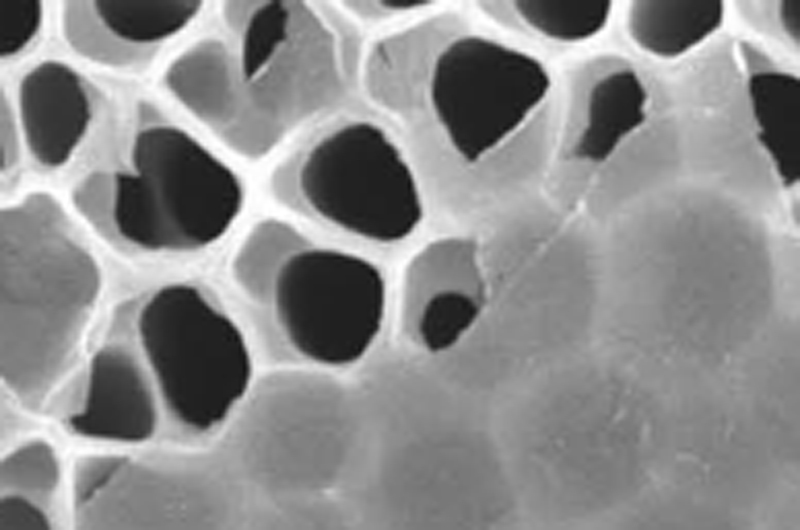 MXene is a two-dimensional material just a few atoms thick that has demonstrated a number exceptional abilities since its discovery in Drexel’s College of Engineering in 2011. Among them, the ability to filter tiny particles from liquid, which researchers in the Department Materials Science and Engineering identified several years ago, made it a prime candidate for use in dialysis.
MXene is a two-dimensional material just a few atoms thick that has demonstrated a number exceptional abilities since its discovery in Drexel’s College of Engineering in 2011. Among them, the ability to filter tiny particles from liquid, which researchers in the Department Materials Science and Engineering identified several years ago, made it a prime candidate for use in dialysis.
"Two technologies are essential to develop wearable artificial kidneys; One is a small, light actuator with low power consumption, and the other is an efficient material for urea filtration. Nephria Bio secured them both—the proprietary electroosmotic pump technology from EOFlow, and the filter technology from Drexel University,” Kim said. “With the unique combination of these enabling technologies, Nephria Bio feels that it can substantially enhance dialysis therapy for kidney patients.”
Drexel researchers Gogotsi, who discovered MXenes along with fellow College of Engineering professor Michel Barsoum, PhD, and Harhay, a kidney disease specialist, have been working with Kim with support from the Coulter-Drexel Translational Research Partnership Program to combine MXene with EOFlow’s patented electrochemical actuator pump, to produce a lightweight-but-powerful filtration device that will enable portable dialysis.
The EOFlow pump is the key component of a disposable insulin patch, which recently entered the market. It launched Nephria Bio in January 2021 with the specific goal of exploring how it could be used in dialysis.
Nephria Bio’s plan is to use the pump and MXene material to produce a lightweight, highly efficient filtration system that would enable reuse and recycling of the filtration water, called dialysate. Putting the technology in a flexible, wearable, cartridge-based system, called EOPump-based Continuous Ambulatory Renal Replacement Therapy (EOCARRT™), will allow ambulatory dialysis. The system could supplement or bridge traditional dialysis therapy and, ultimately, supplant it — depending on the therapeutic needs and how the device performs, Kim said.
“Working with Nephria Bio through the Coulter program has revealed the promise of MXene materials in biomedical technology. This collaboration is taking the work of many Drexel researchers one step closer to realizing its potential as a medical application” said Kathie Jordan, PhD, director of the Coulter-Drexel program.
Source: https://drexel.edu/now/archive/2021/April/MXene-NephriaBio-wearable-artificial-kidney/



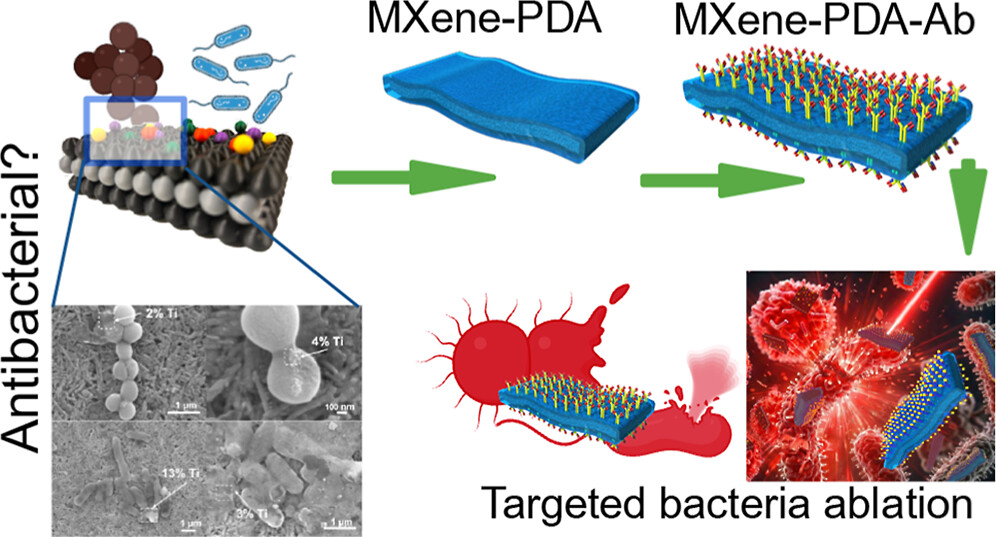 Do MXene nanosheets possess intrinsic antibacterial activity? A systematic study of high-quality Ti-, V-, and Nb-based MXenes reveals negligible inherent antimicrobial effects while highlighting their strong potential for targeted photothermal antibacterial therapy.
Do MXene nanosheets possess intrinsic antibacterial activity? A systematic study of high-quality Ti-, V-, and Nb-based MXenes reveals negligible inherent antimicrobial effects while highlighting their strong potential for targeted photothermal antibacterial therapy. Highlights
Highlights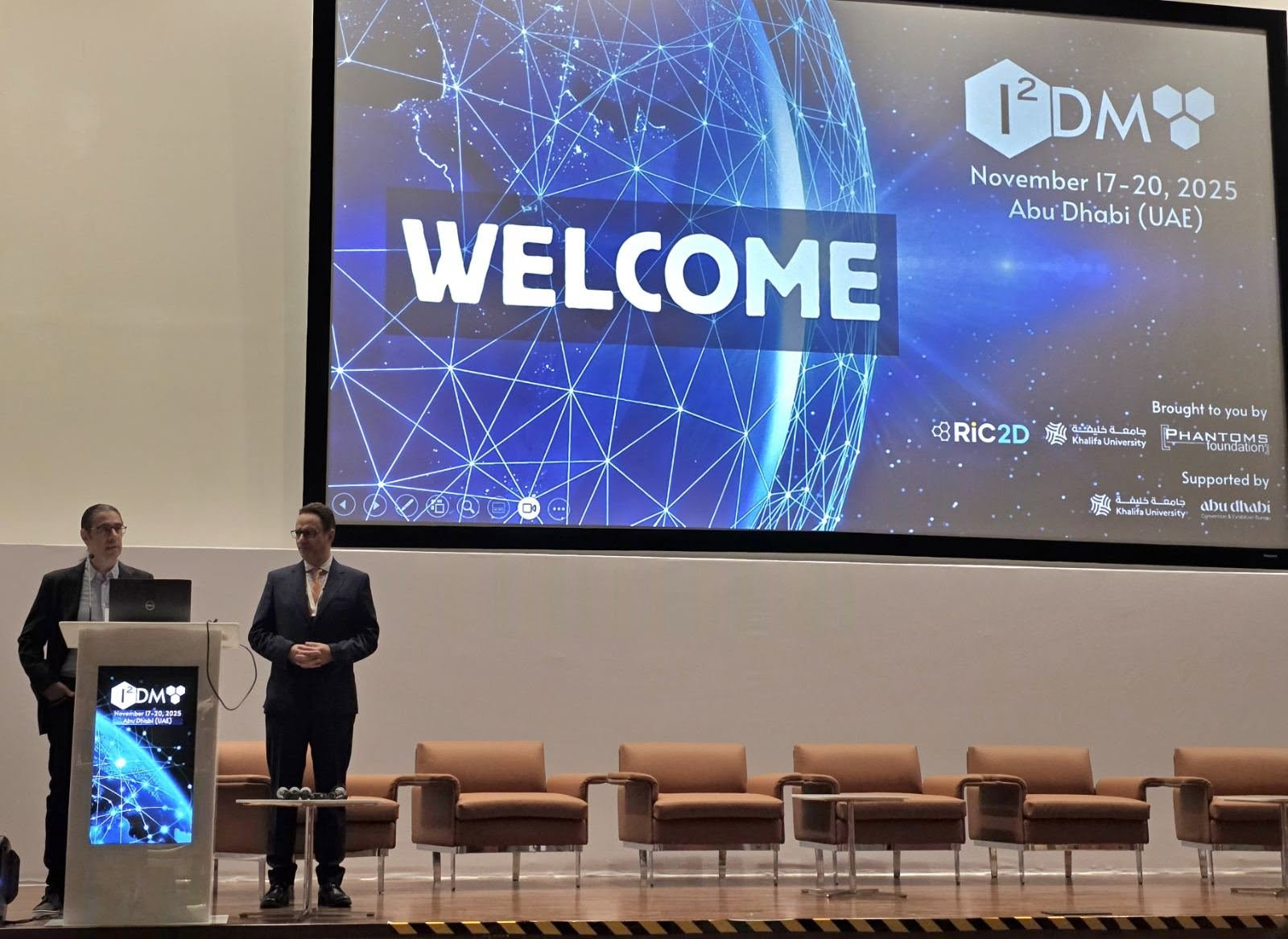 We are excited to share that our Carbon-Ukraine (Y-Carbon LLC) company participated in the I2DM Summit and Expo 2025 at Khalifa University in Abu-Dhabi! Huge thanks to Research & Innovation Center for Graphene and 2D Materials (RIC2D) for hosting such a high-level event.It was an incredible opportunity to meet brilliant researchers and innovators working on the next generation of 2D materials. The insights and energy from the summit will definitely drive new ideas in our own development.
We are excited to share that our Carbon-Ukraine (Y-Carbon LLC) company participated in the I2DM Summit and Expo 2025 at Khalifa University in Abu-Dhabi! Huge thanks to Research & Innovation Center for Graphene and 2D Materials (RIC2D) for hosting such a high-level event.It was an incredible opportunity to meet brilliant researchers and innovators working on the next generation of 2D materials. The insights and energy from the summit will definitely drive new ideas in our own development. Carbon-Ukraine team had the unique opportunity to visit XPANCEO - a Dubai-based deep tech startup company that is developing the first smart contact lenses with AR vision and health monitoring features, working on truly cutting-edge developments.
Carbon-Ukraine team had the unique opportunity to visit XPANCEO - a Dubai-based deep tech startup company that is developing the first smart contact lenses with AR vision and health monitoring features, working on truly cutting-edge developments. Our Carbon-Ukraine team (Y-Carbon LLC) are thrilled to start a new RIC2D project MX-Innovation in collaboration with Drexel University Yury Gogotsi and Khalifa University! Amazing lab tours to project collaborators from Khalifa University, great discussions, strong networking, and a wonderful platform for future collaboration.
Our Carbon-Ukraine team (Y-Carbon LLC) are thrilled to start a new RIC2D project MX-Innovation in collaboration with Drexel University Yury Gogotsi and Khalifa University! Amazing lab tours to project collaborators from Khalifa University, great discussions, strong networking, and a wonderful platform for future collaboration.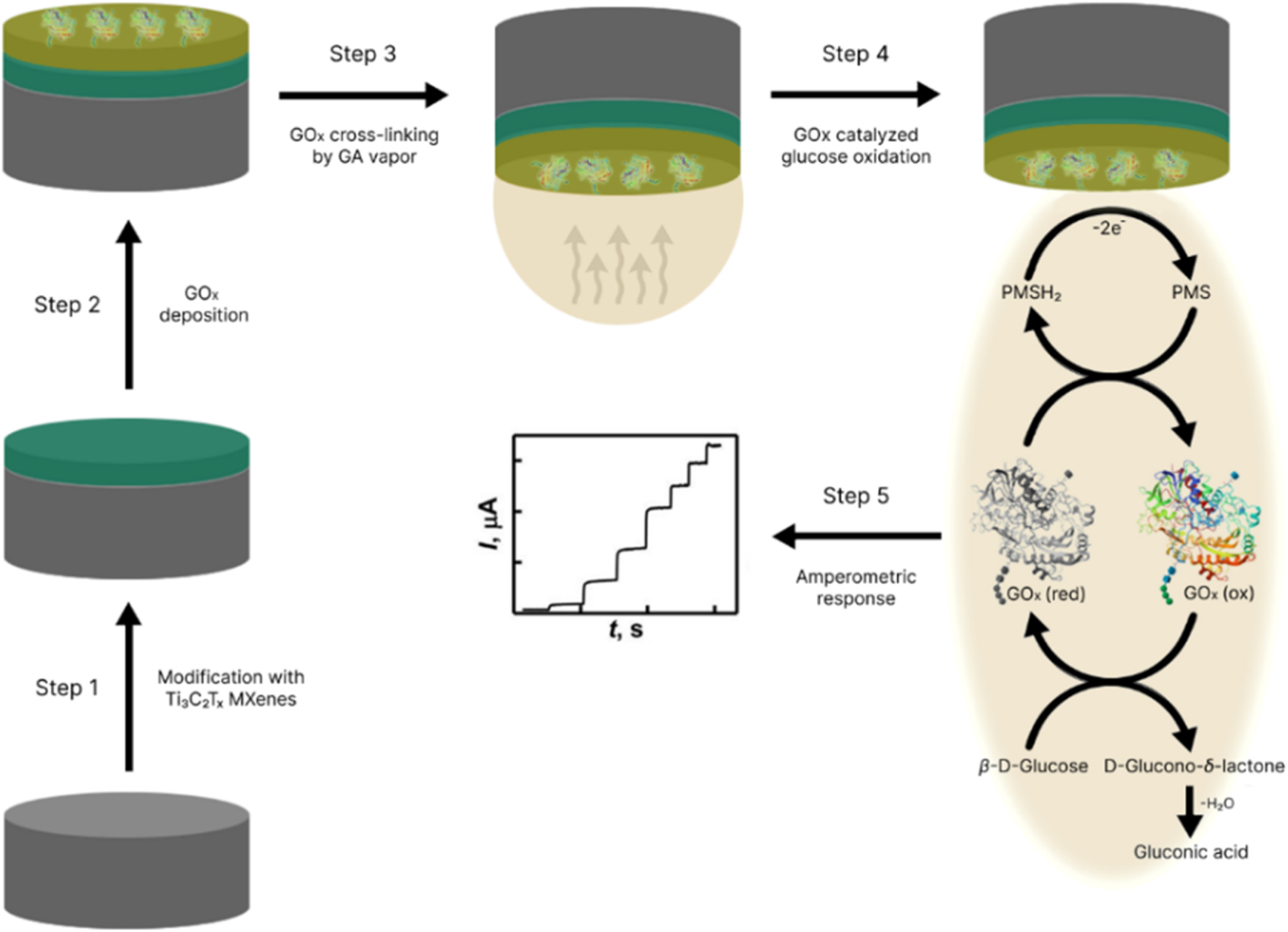
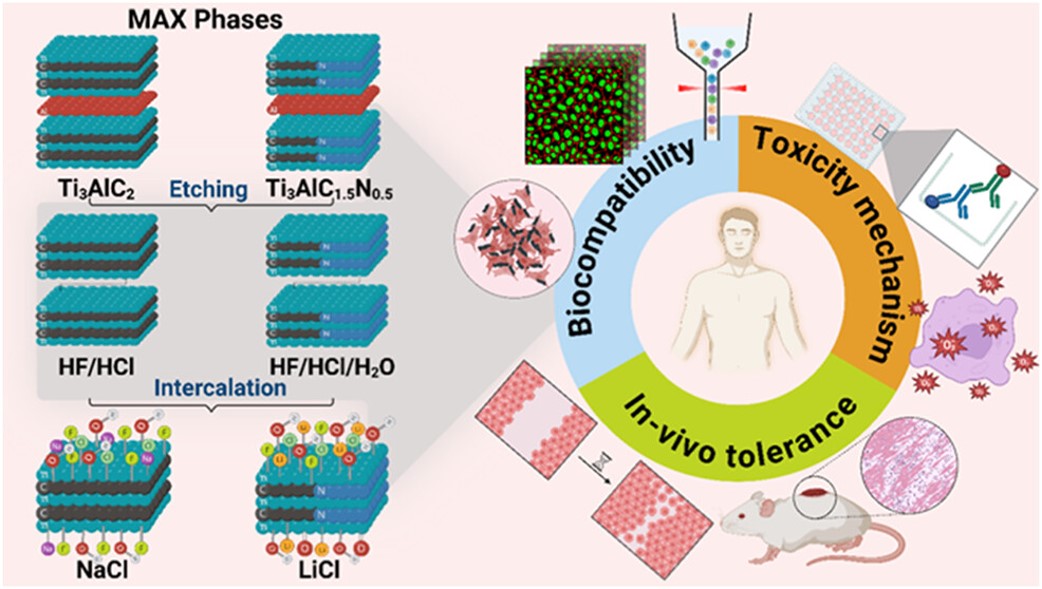 MXenes potential applications include sensors, wound healing materials, and drug delivery systems. A recent study explored how different synthesis methods affect the safety and performance of MXenes. By comparing etching conditions and intercalation strategies, researchers discovered that fine-tuning the surface chemistry of MXenes plays a crucial role in improving biocompatibility. These results provide practical guidelines for developing safer MXenes and bring the field one step closer to real biomedical applications.
MXenes potential applications include sensors, wound healing materials, and drug delivery systems. A recent study explored how different synthesis methods affect the safety and performance of MXenes. By comparing etching conditions and intercalation strategies, researchers discovered that fine-tuning the surface chemistry of MXenes plays a crucial role in improving biocompatibility. These results provide practical guidelines for developing safer MXenes and bring the field one step closer to real biomedical applications. An excellent review highlighting how MXene-based sensors can help tackle one of today’s pressing environmental challenges — heavy metal contamination. Excited to see such impactful work moving the field of environmental monitoring and sensor technology forward!
An excellent review highlighting how MXene-based sensors can help tackle one of today’s pressing environmental challenges — heavy metal contamination. Excited to see such impactful work moving the field of environmental monitoring and sensor technology forward!
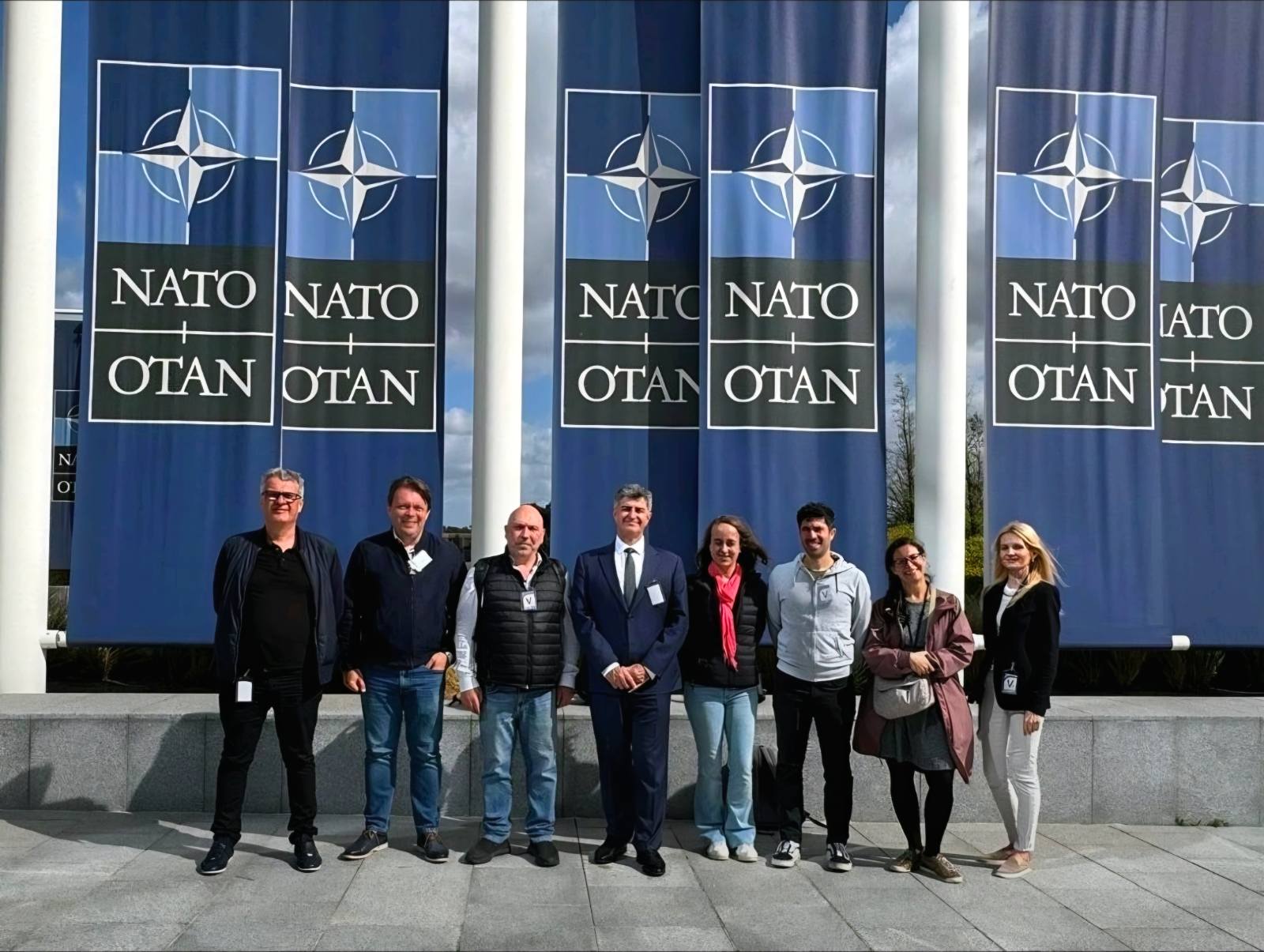 Carbon-Ukraine team was truly delighted to take part in the kickoff meeting of the ATHENA Project (Advanced Digital Engineering Methods to Design MXene-based Nanocomposites for Electro-Magnetic Interference Shielding in Space), supported by NATO through the Science for Peace and Security Programme.
Carbon-Ukraine team was truly delighted to take part in the kickoff meeting of the ATHENA Project (Advanced Digital Engineering Methods to Design MXene-based Nanocomposites for Electro-Magnetic Interference Shielding in Space), supported by NATO through the Science for Peace and Security Programme.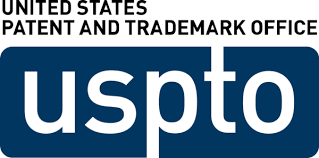 Exellent news, our joint patent application with Drexel University on highly porous MAX phase precursor for MXene synthesis published. Congratulations and thanks to all team involved!
Exellent news, our joint patent application with Drexel University on highly porous MAX phase precursor for MXene synthesis published. Congratulations and thanks to all team involved!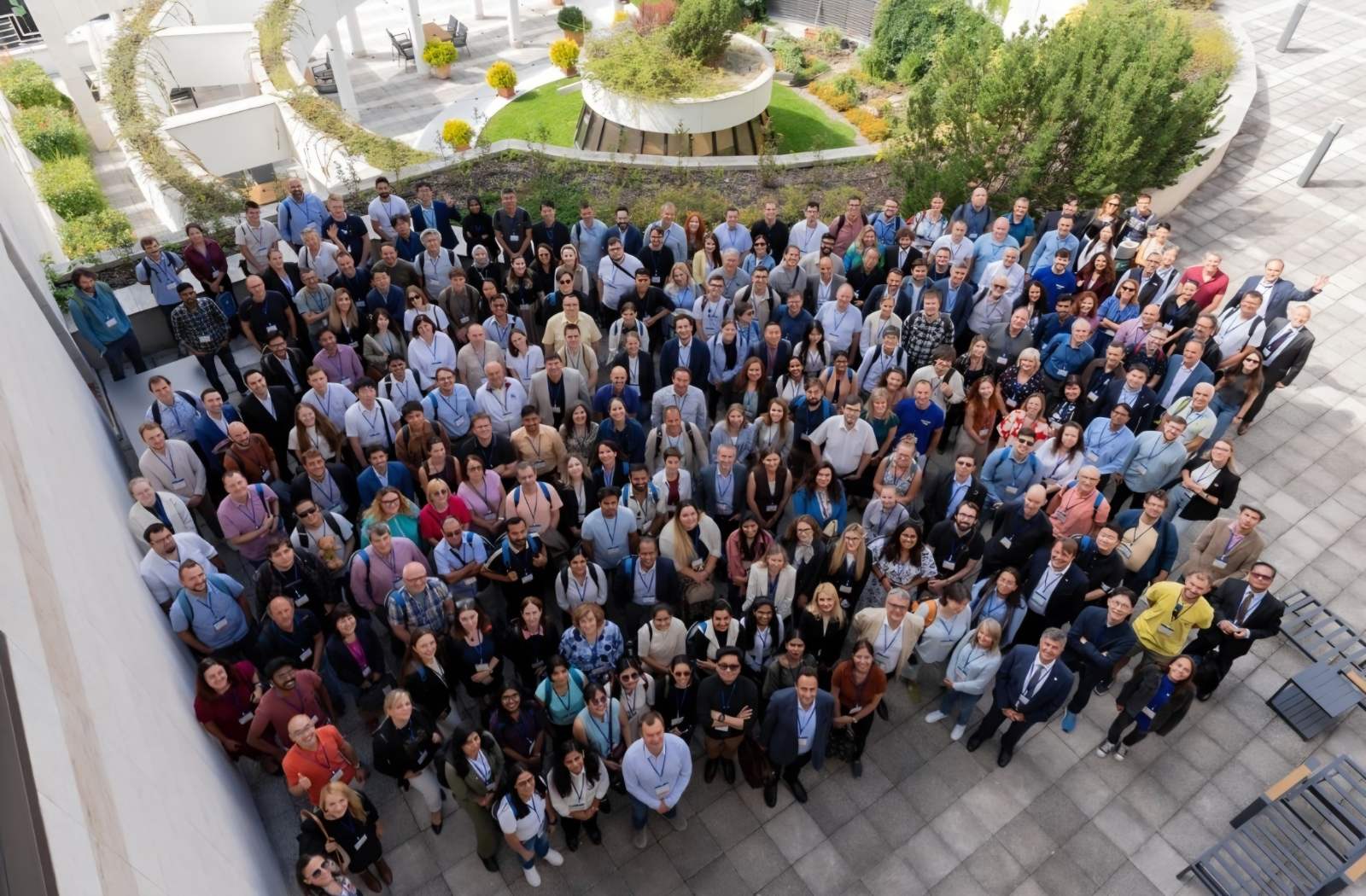 Our team was very delighted to take part in International Symposium "The MXene Frontier: Transformative Nanomaterials Shaping the Future" – the largest MXene event in Europe this year!
Our team was very delighted to take part in International Symposium "The MXene Frontier: Transformative Nanomaterials Shaping the Future" – the largest MXene event in Europe this year!  Last Call! Have you submitted your abstract for IEEE NAP-2025 yet? Join us at the International Symposium on "The MXene Frontier: Transformative Nanomaterials Shaping the Future" – the largest MXene-focused conference in Europe this year! Final Submission Deadline: May 15, 2025. Don’t miss this exclusive opportunity to showcase your research and engage with world leaders in the MXene field!
Last Call! Have you submitted your abstract for IEEE NAP-2025 yet? Join us at the International Symposium on "The MXene Frontier: Transformative Nanomaterials Shaping the Future" – the largest MXene-focused conference in Europe this year! Final Submission Deadline: May 15, 2025. Don’t miss this exclusive opportunity to showcase your research and engage with world leaders in the MXene field!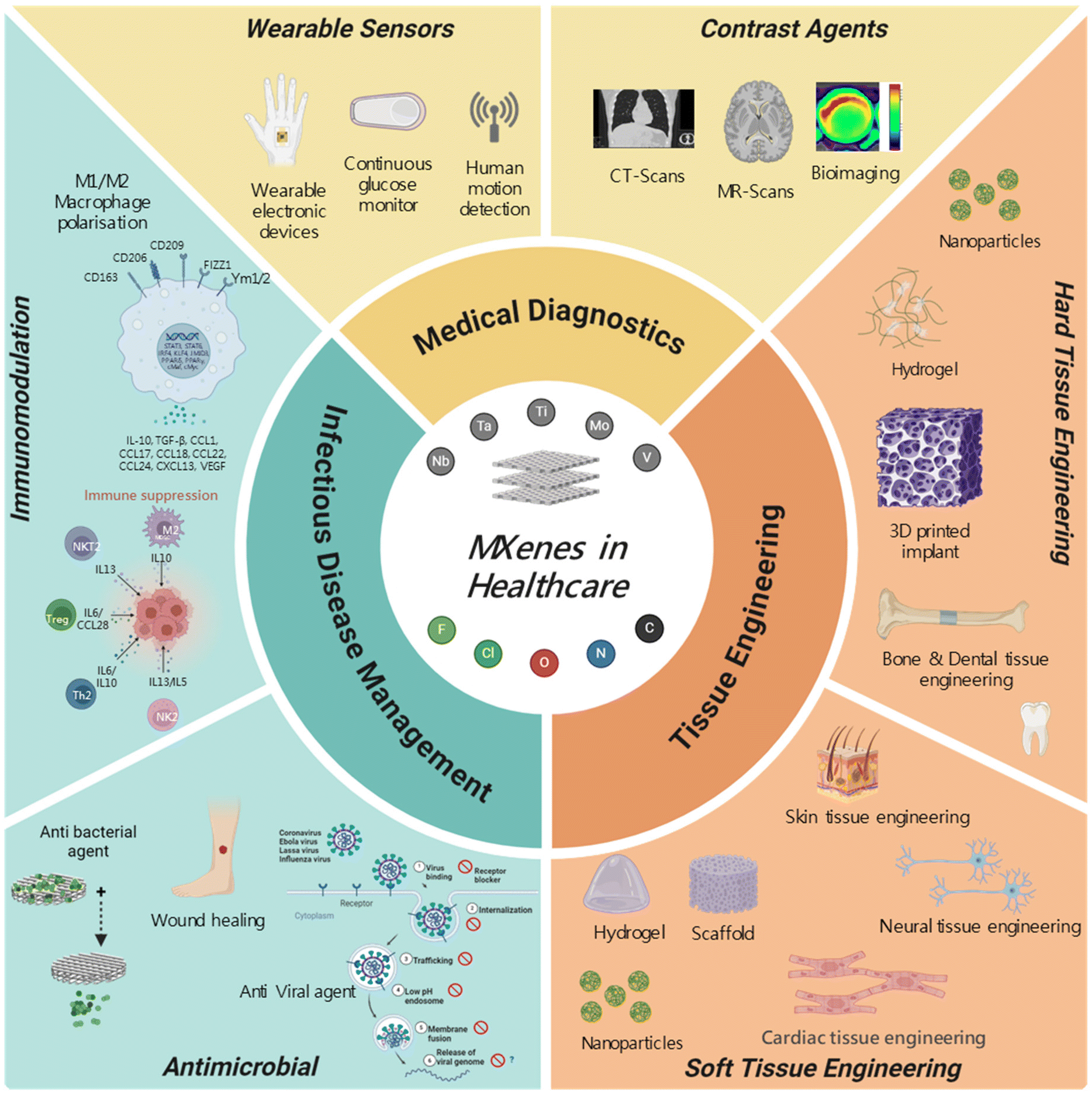 We are excited to announce the publication of latest review article on MXenes in Healthcare. This comprehensive review explores the groundbreaking role of MXenes—an emerging class of 2D materials—in revolutionizing the fields of medical diagnostics and therapeutics. Read the full article here: https://doi.org/10.1039/D4NR04853A.
We are excited to announce the publication of latest review article on MXenes in Healthcare. This comprehensive review explores the groundbreaking role of MXenes—an emerging class of 2D materials—in revolutionizing the fields of medical diagnostics and therapeutics. Read the full article here: https://doi.org/10.1039/D4NR04853A.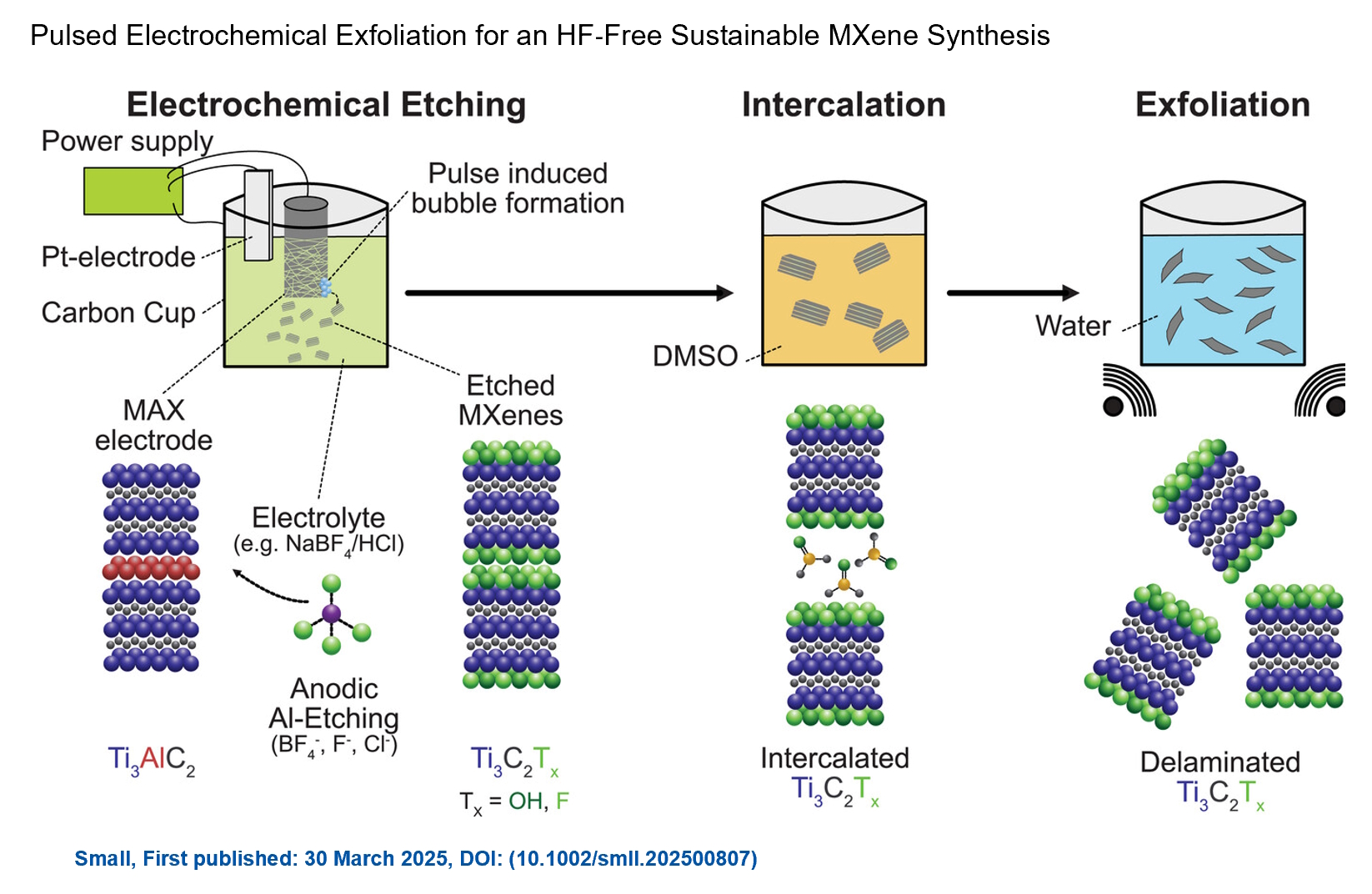 Congratulations and thank you to our collaborators from TU Wien and CEST for very interesting work and making it published! In this work, an upscalable electrochemical MXene synthesis is presented. Yields of up to 60% electrochemical MXene (EC-MXene) with no byproducts from a single exfoliation cycle are achieved.
Congratulations and thank you to our collaborators from TU Wien and CEST for very interesting work and making it published! In this work, an upscalable electrochemical MXene synthesis is presented. Yields of up to 60% electrochemical MXene (EC-MXene) with no byproducts from a single exfoliation cycle are achieved.